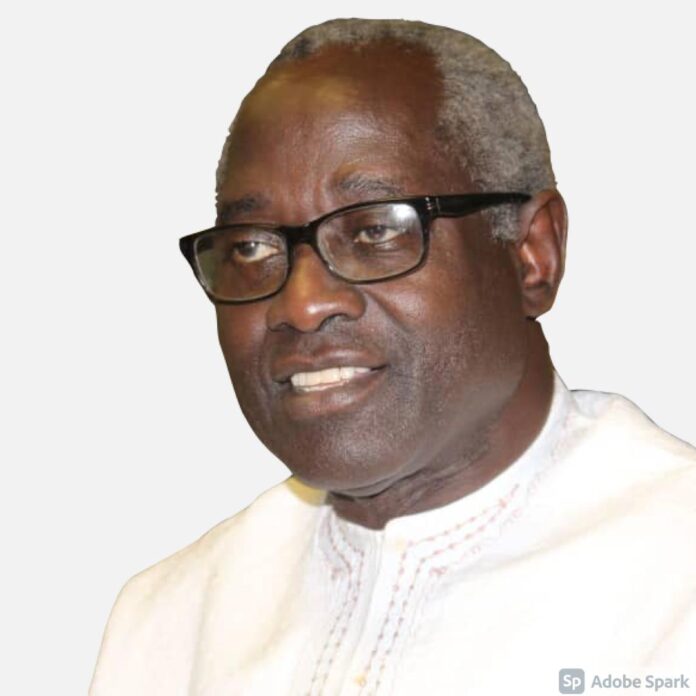Transcribed by Kemeseng Sanneh (KEXX)
Honourable Halifa Sallah, the Secretary General of People’s Democratic Organisation for Independence and Socialism has made tentative remarks about the ongoing public debate on the planned business engagement between the Gambia Government and Africa50. Below is the statement he made at the PDOIS Congress held from Friday to Sunday at Paradise Suites Hotel.
“We heard people talked about the National Assembly. They talked about the bridge and that bridge is established in the Gambia for the Gambians. But, there is a debate as to what should be done with that bridge and you are told that it is called asset recycling. What does that mean? We are told that a company called Africa50 is not interested in profits and therefore whatever they request, the nation should give without any fear that harm will be done to our country.
That’s why we emphasise that a trial and error system of managing the state cannot achieve the purpose of being a self-reliant economy. We must have a knowledge base method of managing the affairs of the state. And we are starting from here so that you can see the enormity of your task as PDOIS members, as PDOIS leaders – as people aspiring to be in charge of the destiny of our homeland and not only for the Gambia, but the entire Africa and beyond.
It is very clear that the airports, ports and bridges are all national assets. You establish them to eradicate poverty, to facilitate communication, to ensure the cost of transportation decreases for goods and services, to open up the economy so that people will produce more and benefit more.
So, if you have a group of people telling us that the bridge should be transformed into an asset where you give it to others and they give you money in advance circulating what you can earn in 10 years, in 20 years and you take it from them in advance and then they manage your assets; then what is the use of the government? Why do you have a Government when that government becomes a tax collector of an external authority? What is the use of the government?
They will say it is wisdom because you will get the money you should get in 10 years now and you will start investing it in some areas. But why are we a country? How do we mobilise resources to be able to facilitate investment into development?
The African Development Bank was established in 1964. The objective was for it to assemble heads of state together and they agreed to invest in banks in order to facilitate their development, but eventually, it opened up its shares. 60% of its shares are owned by African countries and 40% owned by non-region countries. The UK for example is among the non-regional countries that own 14 percent of the shares.
They (Africa50), [a subsidiary of the African Development Bank] are after an interest no matter the concession. We established a bridge and we took over what was an income generating source for ferries. Senegalese used to cross and pay an immense amount of wealth. That was accumulated by the ferries. Instead of transforming ferries [service] into a management authority to manage the bridge and earn the resources, the ferry will disappear – it is collapsing.
We talk about this country promoting private sector growth. If you are interested in private sector growth then we should be concerned with the local content. You mobilise all resources internally to invest into your development. If the government was really interested in development, that would not lead to people paying more and more for a profit of a company, Government would have transformed the ferries [service] into a management authority that will manage the bridge.
It [Government] would have sought whatever capital that is internal by Gambian investors if it needs capital from that bridge by turning that bridge into a bridge bond – you get the money and you invest it and you know from your collection you will be able to pay it. So, if you want development you don’t allow money to go away to be repatriated. You build so that it stays. You build your capacity.”





















